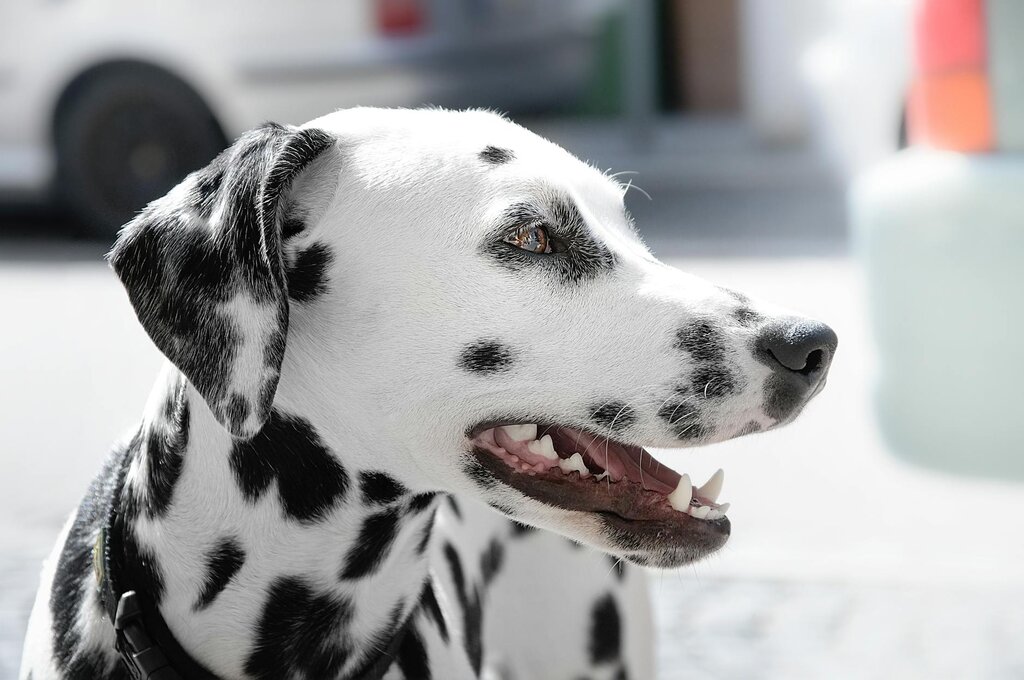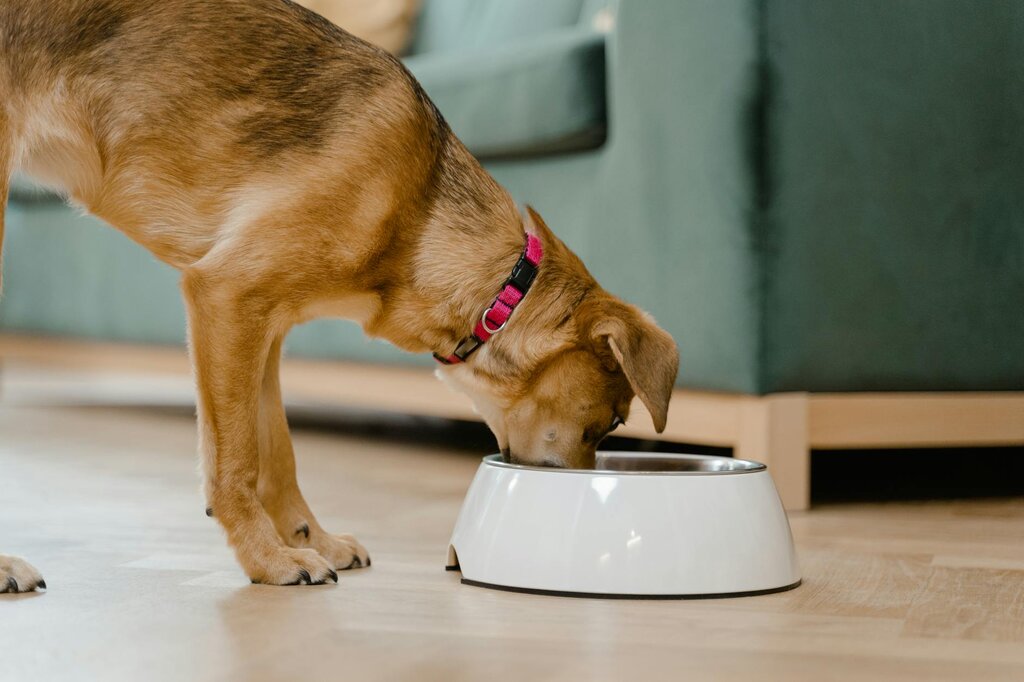1. Dental disease
Without a doubt dental disease is the most common cause of bad breath in our canine companions. Inflammation of the gums and bacteria growing in the mouth can leave your pooch with foul smelling or fishy breath. The bacteria creates smelly sulfur compounds. With at least 80% of dogs over the age of 3 having some degree of dental disease present, your first step to banishing bad dog breath is a dental check with your vet.
2. Medical problems
Diabetes: If a diabetic animal is untreated or unregulated, the body produces ketones which can make their breath smell sweet or like acetone.
Liver disease: Because the liver acts as a filter for toxins, if a dog's liver is not functioning properly, toxins can build up, causing bad breath.
Kidney disease: The kidneys are another filter organ and if they are not working correctly to filter and process toxins, urea can build up in the blood stream. Urea in the blood can make the breath smell like urine or ammonia.
Oral tumours: As tumours in the mouth grow they become infected, the tissue becomes necrotic and breaks down. Necrotic (dead) tissue is very smelly and causes bad breath. This is more common in older dogs.
Foreign bodies: Dogs who chew on bones, sticks and toys may get part of them wedged between their teeth. This can cause infection or inflammation as the foreign body presses on the gums, resulting in smelly breath. The foreign body that is stuck may also rot causing a foul smell. Just another reason to head to the vet for a check up if your pet's breath is starting to smell nasty!
Inflammation or Infection: Infection in the mouth such as an abscess or inflammation due to tonsilitis or a traumatic injury can cause foul smelling breath.
Bleeding in the mouth: Ever heard of puppy breath? It is caused by bleeding and inflammation in the mouth as their baby teeth fall out and their adult teeth emerge. A more serious form of bleeding in the mouth may be caused by a clotting disorder. If you notice any blood in your dogs mouth which is not due to puppy teeth, then it is best to get your dog checked by a veterinarian immediately.
3. A smelly diet
Diets high in smelly ingredients, like fish oil, can sometimes leave your pet with unpleasant breath. Fish oil is an excellent source of the omega 3 fatty acids DHA and EPA, which can help manage a range of health conditions such as skin irritations, arthritis, kidney disease and cardiovascular disease, so it may be worth putting up with the smell to let your dog reap the benefits.
Raw or home cooked diets can also cause bad breath. This is because they disrupt the normal balance of bacteria in the dogs mouth and are more likely to cause salmonella (or other "bad" bacteria) overgrowth in the dog's gut. Dietry deficiencies caused by these types of diets may cause digestive problems leading to bad breath. To help counter these problems speak to a veterinary nutritionist if you wish to feed a home made diet to ensure you are feeding a complete and balanced diet to your pooch.
Wet dog food can get caught between your dog's teeth and cause a build up of bacteria. If you feed wet food to your dog, it is good idea to brush their teeth straight after so bacteria doesnt get a chance to buildup on the food stuck in their teeth. While wet food has it's good points, it does nothing for the dental health of your dog.
Excess sugar in the diet promotes the bacteria that cause bad breath, so if you feed a lot of dog treats to your pooch it may be time to cut down. Instead you can give dental treats for dogs like Greenies
Dietary indescretion (a fancy way of saying they have eaten someting they shouldn't) is also a cause of bad breath. One example is coprophagia or faeces ingestion, which is quite a common behaviour in dogs and puppies.



